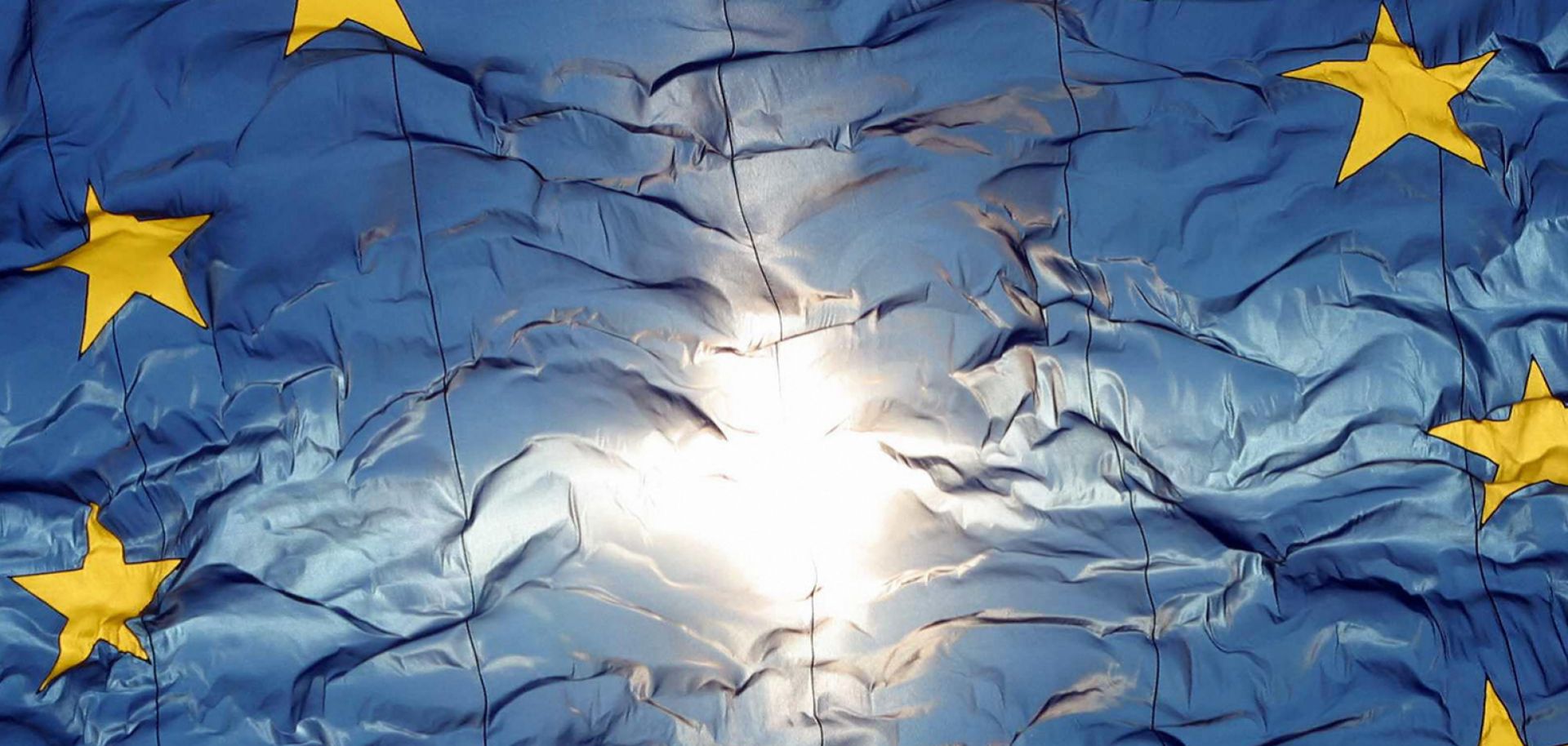The European Union's future has been up for debate since the Continent's economic crisis began nearly a decade ago. But questions about the bloc's path have multiplied in recent years as Greece came close to quitting the eurozone and the United Kingdom voted to relinquish its EU membership for good. "The bloc's demise is not a matter of if, but when," Euroskeptics insisted, to which their Europhile peers replied, "The union is irreversible."
Yet like all political creations, the European Union is a fleeting construction in the vast expanse of history. One day it will disappear, to be replaced by other entities, or it will continue in name only, looking and operating far differently than the European Union of today. It is impossible to know exactly when this transformation will happen or just how long the process will take. There are some clues, however, as to how the new Europe will...


